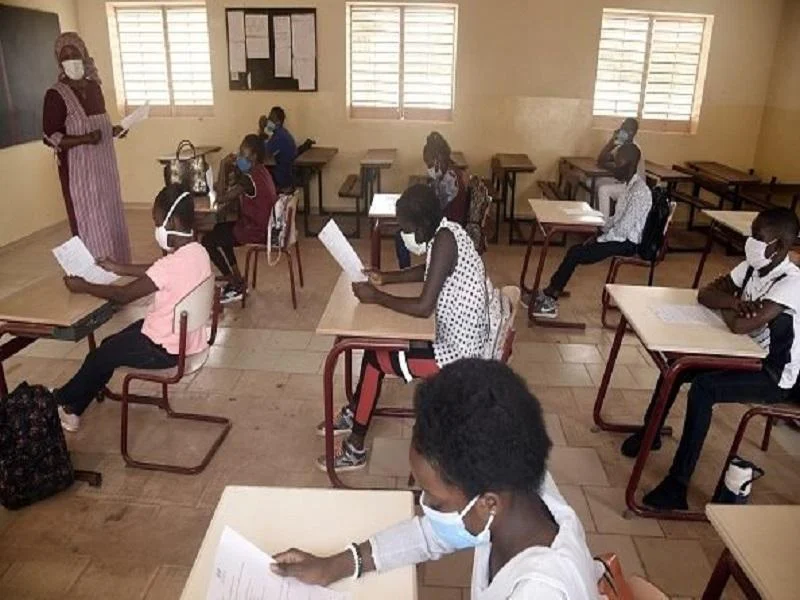
Senegal’s 2025 baccalaureate results, unveiled by the Minister of Higher Education, Research and Innovation on August 6, paint a troubling picture for the nation’s education system. For the third consecutive year, the overall pass rate has declined, with only 47.62% of the 162,527 candidates securing their diploma.
While 77,388 students earned the coveted certificate, this outcome falls short of national ambitions for academic performance and inclusive education.
A closer examination reveals stark contrasts between different streams.
The technical baccalaureate boasts a notably higher success rate of 69.24%, compared to just 47.16% for the general baccalaureate.
This divergence has reignited debates over the value of vocational education and its alignment with real labour market demands.
The technical track’s relative strength could serve as a powerful draw for students, challenging the perception that vocational studies are a lesser option.
The candidate profile also highlights significant social dynamics.
Girls represent the majority of registrants, attendees, and successful candidates.
Yet, despite their numbers, boys maintain a slight edge in pass rates across several categories—a disparity that raises concerns about unequal access to learning opportunities and persistent gender stereotypes in high-performing fields.
Age demographics further underscore the exam’s academic focus.
While candidates range from 15 to 52 years old, more than 99% of successful candidates fall within the 15-24 age bracket, reaffirming the baccalaureate’s role as a gateway to higher education and, ultimately, professional life for young Senegalese.
Regional disparities continue to shape educational outcomes. Dakar tops the list with a 60.41% pass rate, followed by Louga at 52.69% and Rufisque at 52.04%. These figures reflect not only the concentration of resources and seasoned educators in urban centres but also the broader socio-economic advantages that facilitate student success.
As the nation grapples with these challenges, the 2025 baccalaureate results serve as a stark reminder of the urgent need for targeted reforms to bridge gaps and boost educational equity across Senegal.



